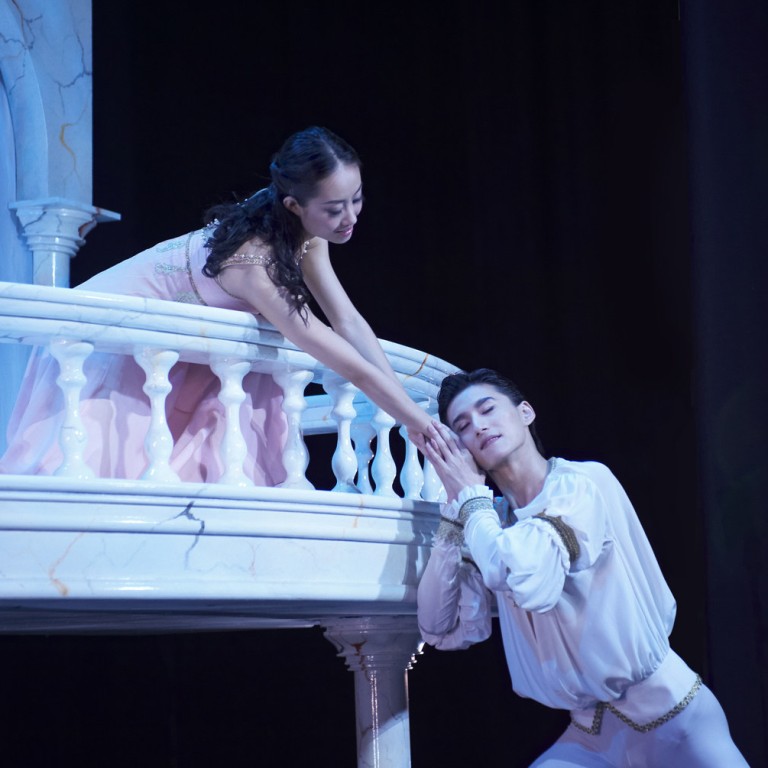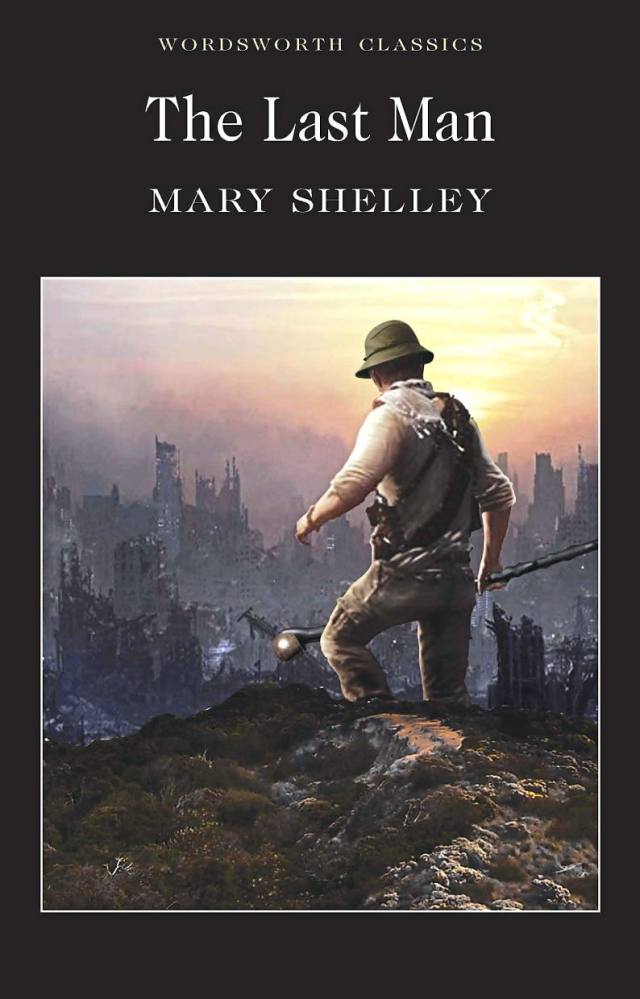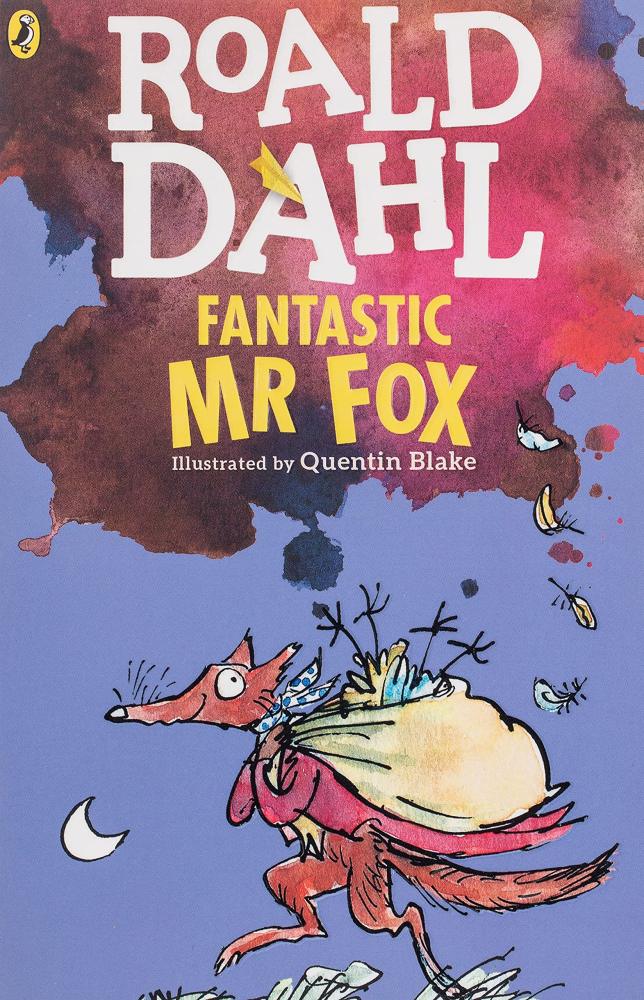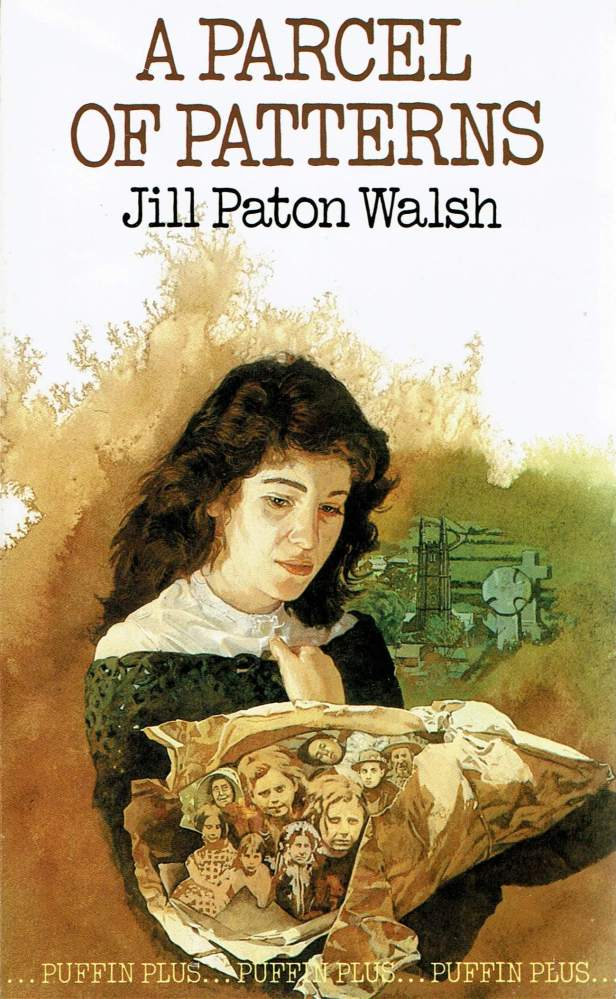
How quarantine killed Romeo and Juliet: Covid-19 shines new light on old stories
- Having avoided any novel supposed to shape his experience of the pandemic, one reader realised his experience was shaping the novels he was reading
- Roald Dahl’s Fantastic Mr Fox sparked the revelation – a fable of man’s inhumanity to the natural world recast as an oddly euphoric allegory of Covid-19
“And you know what this means?” said Mr Fox. “It means none of us need ever go out into the open again!” Fantastic Mr Fox (1970), Roald Dahl
Of the countless questions that have been raised by the Covid-19 pandemic over the past two years, what to read must rank as one of the more trivial. Until, that is, you find yourself looking around for the perfect book to get you through a day in lockdown.
What do human beings read (or watch or listen to for that matter) while people across the world, including friends and family, are falling seriously ill and dying? What do we read when there are days it takes courage to open the front door? Can any book help ease the dread, tiredness and boredom of an extended quarantine? What story could help us understand a world that one week feels changed beyond recognition, and the next seems utterly unaffected or indifferent?
And finally, what book would you choose when the thought that it might just be the last you read is no longer an idle fantasy?
What is travel writing, author asks, yet he doesn’t talk to Bill Bryson
Literary reviews reacted in much the way that music, movie, television and games pages did, by offering endless recommendations of works tailored for a pandemic. Minor or neglected books became overnight bestsellers thanks to plots that more or less directly revolved around plagues: Giovanni Boccaccio’s 14th century The Decameron, Mary Shelley’s The Last Man (1826), and Dean Koontz’s overhyped The Eyes of Darkness (1981), which was touted as having predicted the current pandemic.
Whether anyone wanted to read, say, Jill Paton Walsh’s A Parcel of Patterns (1983) – a deeply moving account of the real-life village of Eyam, which closed its gates to prevent the Black Death spreading – was very much down to personal taste. The same might be said for questions of tone.

Readers seemed divided into two broad camps: those who saw lockdowns as a long overdue chance to work through that high-end bucket list – to read all of China’s Four Classical Novels or, maybe, just maybe, give Proust a chance – then there were those who, with reality teetering on the brink of disaster 24/7, craved a little TLC in their prose, and turned to cosy crime such as Conan Doyle or Agatha Christie, or the literary equivalent of easy listening, like P.G. Wodehouse.
Chances are that readers have sipped cocktails made from many flavours, depending on mood, personal circumstance and the latest headlines. Personally speaking, my highbrow intentions to read James Joyce’s Ulysses (1920), rather than pretending to have read it, quickly gave way to J.R.R. Tolkien’s The Lord of the Rings (1954). It was only when I found myself dozing off at the start of Tolkien’s The Silmarillion (1977) that I began to wonder if my comfort reading had become a little too comfortable.
In an attempt to raise the tone, I decided to use my daily allowance of UK government-mandated fresh air as an opportunity to listen to the complete works of Shakespeare.
Without the pandemic, I doubt I would have noticed the small but crucial walk-on appearance of the plague in Romeo and Juliet
But the most satisfying books I have read during the past two years were those that, on the surface at least, seemed untouched by Covid-19. These were the stories I read with my daughter, who was five years old when the pandemic began.
Quite apart from the joy of sharing in her own growing love of books, the chance to enjoy Enid Blyton’s Faraway Tree series or reacquaint myself with Arnold Lobel’s Frog and Toad stories or discover Alex T. Smith’s vibrant Mr Penguin somehow united escapism, great writing, profound emotion – all with added pictures.
It was reading to my daughter that had me thinking about a new category of Covid-19 text: the unintentional pandemic narrative. Having assiduously avoided any novel supposed to shape my experience of the pandemic and/or lockdown, I realised that my experience of the pandemic and/or lockdown was shaping the novels I was reading, whether I liked it or not.
The revelation occurred towards the end of Roald Dahl’s early masterpiece Fantastic Mr Fox. Our hero, the debonair Mr F, was digging for his life and those of his family, as a trio of psychotic villains (the typically grotesque Boggis, Bunce and Bean) despoiled the perfectly innocent and beautiful landscape in their single-minded pursuit of revenge.

As the exhausted foxes clawed deeper and deeper, and were joined in their tunnelling by rabbits, badgers, moles and weasels (but definitely not rats), Dahl’s fable of man’s inhumanity to the natural world recast itself as an oddly euphoric allegory of Covid-19 lockdown. With the world transformed from threatening to downright deadly, withdrawal into a refuge of fellowship, food and fun didn’t seem so bad.
It wasn’t a perfect fit: there were no animals in Dahl’s story unable to find shelter because of economic necessity or uncaring political buffoons who prioritised profit over human safety (you were better off watching Jaws to hear these echoes). Even so, by the time Mr Fox raised a glass to his new life in seclusion – the toast quoted at the start of this article – the parallels were close enough to bring tears to the eyes.
Children’s literature, with its central tropes of secret worlds offering escape from ominous reality, was ideally suited to this new world order. When Lucy, in The Lion, The Witch and the Wardrobe (1950), flees wartime England into Narnia, she finds that shelter is a double-edged sword – or should that be shield?

But the pandemic shone fresh light onto all sorts of literary works. The heroine of Alfred Tennyson’s 1832 poem The Lady of Shalott is cursed to spend her life trapped in a tower close to Camelot. Forbidden even from looking directly at the world outside her window, the “fairy Lady” spends her days weaving visions of what she glimpses in a mirror.
And yet, Tennyson adds, “little other care hath she” – until she spots Sir Lancelot riding by. She decides to go outside. Bad move. Before she even walks out the door, “The mirror crack’d from side to side;/ ‘The curse is come upon me,’ cried/ The Lady of Shalott,” who dies before she reaches her knight.
And without the pandemic, I doubt I would have noticed the small but crucial walk-on appearance of the plague in Romeo and Juliet, which may just precipitate the final carnage.
British author Horatio Clare on his nervous breakdown and life as a writer
After Romeo is exiled to Mantua for killing Tybalt in a street fight, Juliet agrees to fake her death as the only way she can escape Verona and be with him. The plot’s author, Friar Laurence, outlines the scheme in a letter, which he sends to Romeo. Tragically, his courier (Friar John) is delayed by none other than a quarantine. Suspected of entering a house “Where the infectious pestilence did reign” to care for a sick family, Verona’s authorities (Friar John reveals) “Seal’d up the doors, and would not let us forth”. The letter goes undelivered.
Hearing that Juliet has died, a grief-stricken Romeo tears back to Verona and kills his rival in another duel before committing suicide. Waking from her counterfeit death, Juliet joins Romeo by taking her own life.
How long this critical perspective will last only time will tell. Hopefully, it will soon be joined by a new-found interest in literary masks, vaccinations and social distancing.

